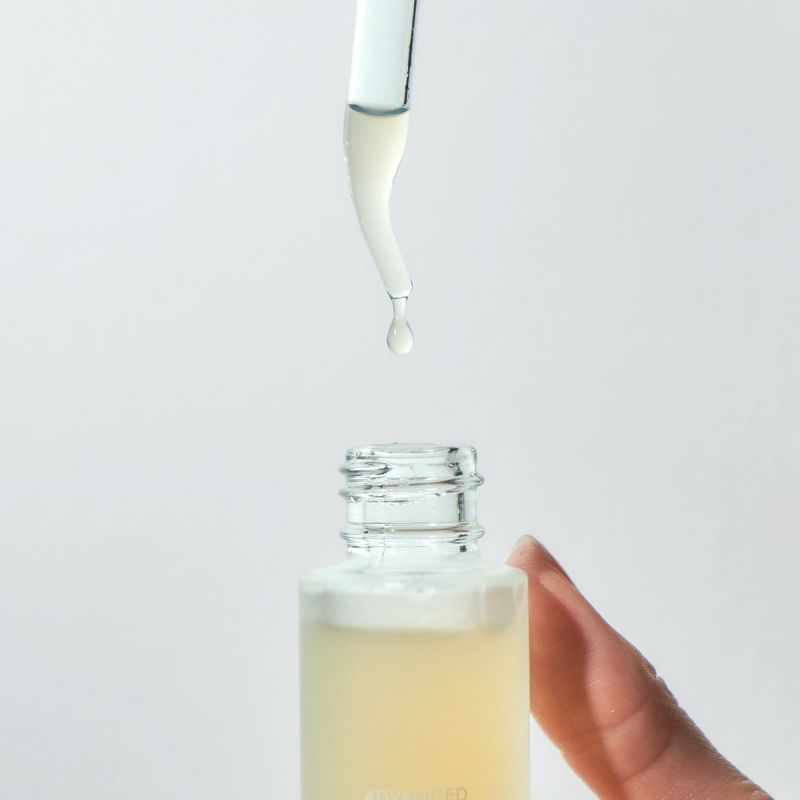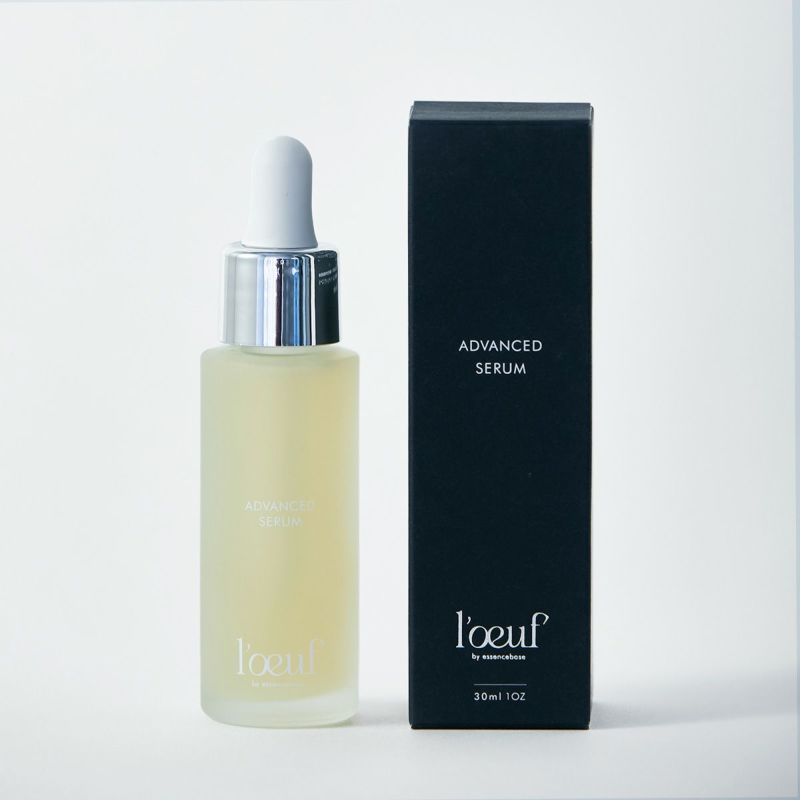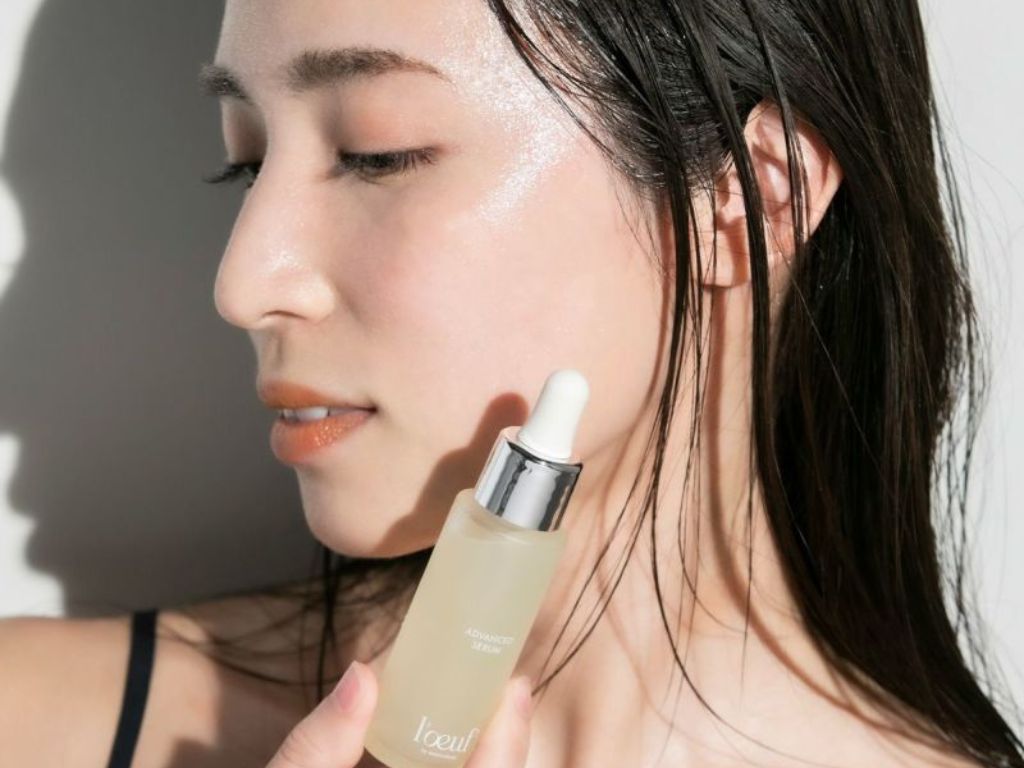3 Mins Read
Cell-based egg comes to a new skincare line as Japan’s IntegriCulture expands its Cellament reach, demonstrating the power of its tech.
It’s been a busy year for cellular agriculture startup IntegriCulture. It kicked off January with a $7 million Series B funding round to further its efforts to decrease the price for cultivated protein. In April, it announced it grew cultivated chicken and duck meat without an animal-based media—and at a fraction of the cost compared to using animal-based growth factors. Now, the company says its cell-based egg-derived skincare ingredient, Cellament, is being used by the Japanese skincare brand Essencebase in a new line dubbed L’Oeuf.
“Cellular agriculture is often spoken in the food context, but what must not be forgotten is that opportunities of cellular agriculture go beyond food,” Yuki Hanyu, CEO at IntegriCulture said in a statement. “Examples include solid materials like leather, fur, and fluid substances like cosmetics and pharmaceuticals.”
Cellament
The L’Oeuf products, which include a serum and a moisturizing cream, use Cellament for its ability to promote skin repair. According to IntegriCulture, it “unleashes” the previously untapped power of eggs. IntegriCulture first launched Cellament last year in a skincare product from Japan-based Euglena.

IntegriCulture says it spent years researching cell-cultured serum applications in cosmetics. It says eggs offer a range of benefits to the skin. The tech allows for selective cultivation of egg cells—the amnion, yolk sac, and plasma membrane—”amplify” the potency of the nutritional elements in eggs.
The company says this proprietary ability makes its serum nutritionally superior to the same extraction from conventional chicken eggs, while also being more sustainable. According to IntegriCulture, Cellament can reduce the enzymatic activity that degrades skin elasticity by ten to 70 percent. It can also accelerate skin cell turnover, which increases smoothness and helps to prevent wrinkling.
Cellament is also linked to an increase in keratinocyte moisture retention—90 percent of the skin’s outermost layer is made of keratinocytes. IntegriCulture says the ingredient can also target free radicals that speed up signs of aging. The egg proteins also reduce the presence of damaging inflammatory cytokines that create redness. An eight-week trial saw the egg reduce sebaceous pore size and sebum secretion leading to a decrease in acne and blackhead formation.
Cell culture growth
“Cell-culture technology doesn’t just change how we source traditionally animal-derived ingredients, it also enables us to unlock nutritional and functional power that was previously inaccessible,” Hanyu said last year. “There’s never been a product like Cellament before, and certainly not one ready for scalable commercialization. This is a significant milestone for cellular agriculture and for the skincare industry.”

While cultivated meat focused brands like Upside Foods and Eat Just’s Good Meat say they’re also ready to scale, there’s currently no commercial approval outside of Singapore for cultivated meat. Eat Just earned approval there in 2020 and has been selling its cell-based chicken through select vendors since. Best estimates put U.S. approval at another 18-24 months out, though. For the E.U., it could be even longer.
The delays may be worth the wait, though. IntegriCulture says it thinks its CulNet platform can drop the cost of growth factor from current prices of upwards of $200,000 per kilogram of meat to under $3 by 2025, and under a dollar soon after that, which would make cell-based meat as accessible as conventional animal products.
Lead image courtesy of Integriculture.




